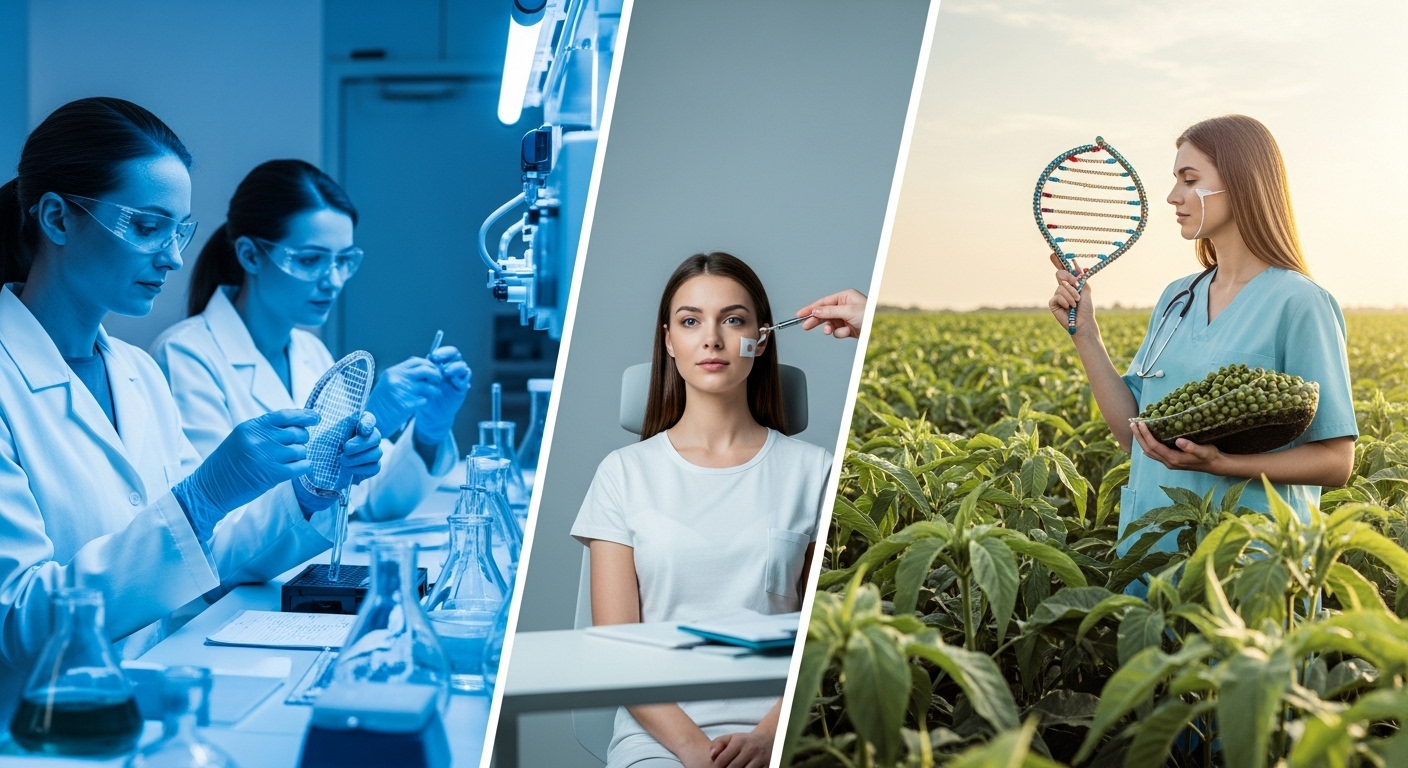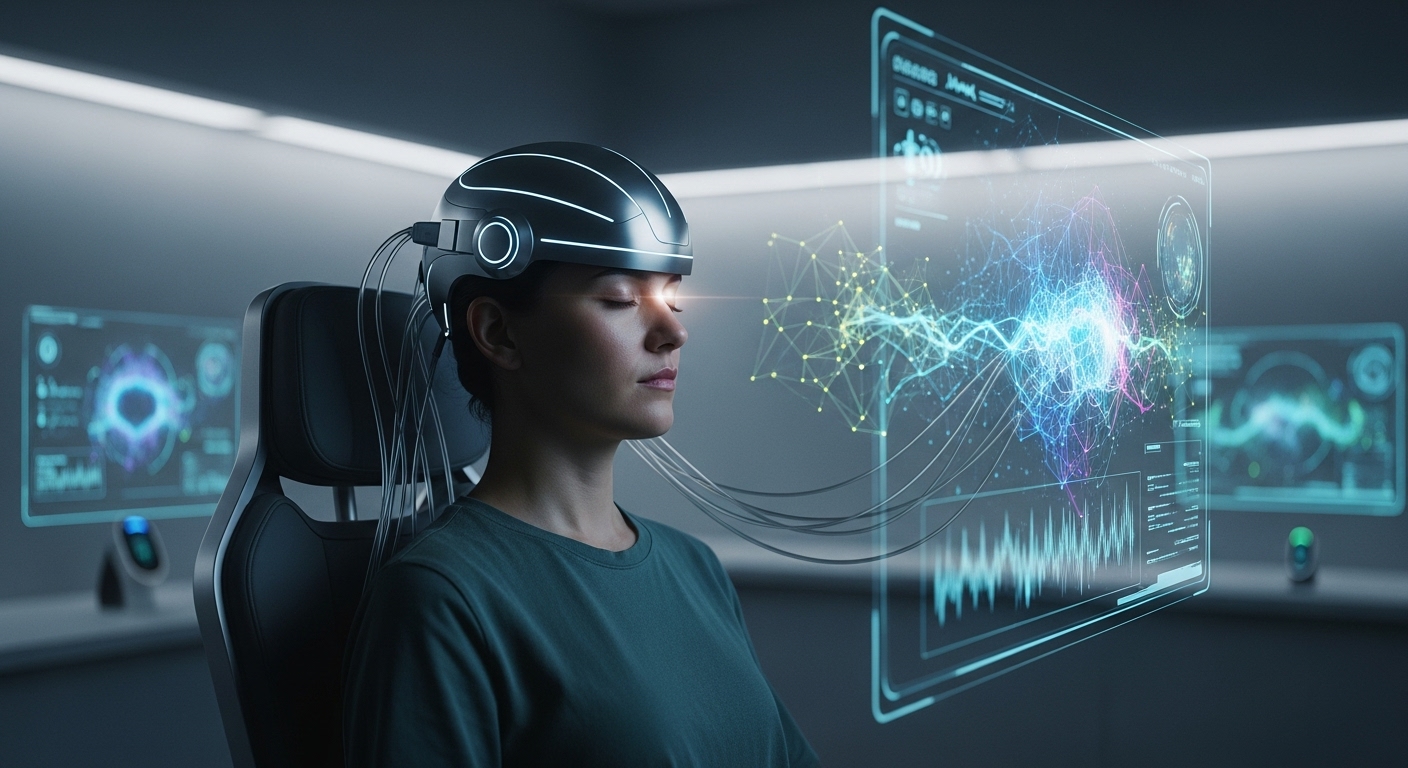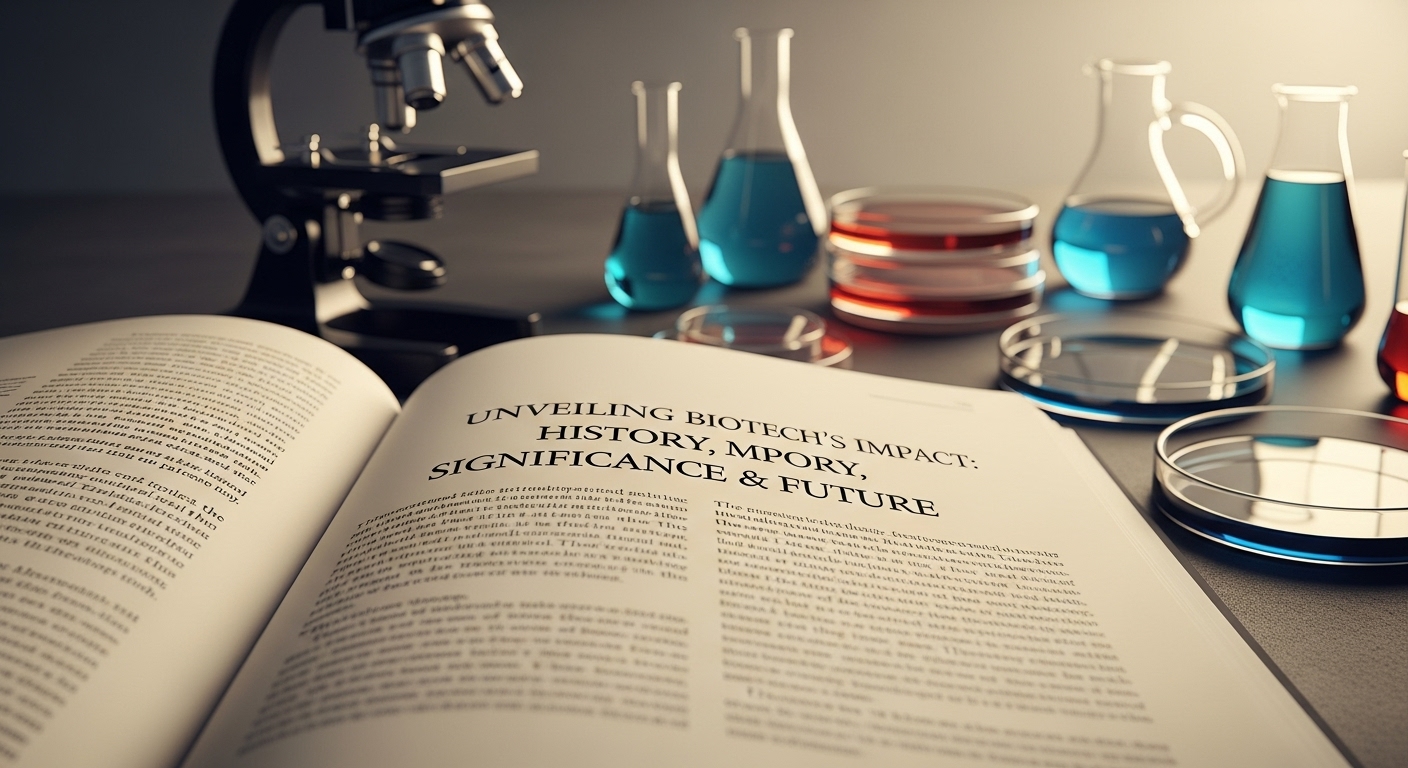Biotech. It’s a term that’s thrown around a lot these days. It’s in the news, in conversations, and most definitely in the labs around the world. People are fascinated by it. It’s one of those fields that, whether you’re directly involved or not, sparks curiosity. Why? Because it’s transforming how we live. An intersection of biology and technology, this sector is creating a ripple effect across healthcare, agriculture, energy, and more. But let’s not pigeonhole the potential. There’s so much more beneath the surface.
What Exactly Is Biotech?
Biotech, short for biotechnology, isn’t just about test tubes and petri dishes. It’s the application of biological principles to develop products and technologies that improve our lives. Whether it’s about creating drought-resistant crops or pioneering new medical therapies, biotech is like this vast and ever-growing toolbox. You know, it’s like when chefs discover a new ingredient, and suddenly there’s this plethora of new dishes to try out.
The Many Faces of Biotech
But where do we see biotech actively at work? Right off the bat, healthcare. The development of vaccines, like those for COVID-19, showcased biotech’s potential. And then there’s agriculture. Ever heard of genetically modified organisms (GMOs)? Biotech is behind that too, aiming for greater yield and sustainability. Also, energy. Biofuels, which are derived from organic materials, present a cleaner energy alternative, thanks to biotechnology.
Biotech in Healthcare
In healthcare, biotech is like this silent revolution. It’s not just about curing diseases; it’s about understanding them at their core. Take for instance personalized medicine. Instead of a one-size-fits-all approach, we’re heading towards treatments that cater to an individual’s genetic makeup. It’s like customizing your order at a café, but with more life-saving implications.
Vaccines and Therapies
Vaccines. A word that’s become central to our conversations, especially in the last few years. Biotech has been pivotal in developing faster, efficient vaccines. And it’s not just about speed; it’s about tailoring them to be more effective. The future? We’re talking therapies that might not just treat but also prevent conditions from developing in the first place. Imagine being able to prevent Alzheimer’s or diabetes before they even show symptoms.
Biotech in Agriculture
Agriculture is another field where biotech plays a significant role. Think pest-resistant crops, which reduce the need for chemical pesticides. Or crops that can withstand harsh weather conditions. It’s like giving plants superpowers. You’re making them more resilient, more productive. It’s not about creating something unnatural, but enhancing what’s already there.
Sustainable Practices
With the growing concerns about climate change and resource sustainability, biotechnology offers solutions that are sustainable. By tweaking plant genetics, we’re aiming for crops that require less water and fertilizers. This not only conserves resources but also protects the ecosystem. And in this era of environmental consciousness, every drop counts.
Biotech in Energy
Energy is another sector ripe for innovation. Biofuels, derived from organic materials, are providing alternatives to fossil fuels. These are more sustainable and emit fewer greenhouse gases. It’s like switching from a gas-guzzler to a hybrid car. The transition isn’t just beneficial, it’s essential. And while it won’t happen overnight, biotech is laying down the groundwork.
The Path Forward
Looking ahead, biotech is poised to address some of humanity’s most pressing challenges. The potential is enormous, but so are the ethical considerations. It’s not just about what we can do, but what we should do. As this field advances, there’s a continuous dialogue about the moral compass guiding it. After all, with great power comes great responsibility.
Challenges and Ethical Considerations
Biotech, with all its promise, isn’t without its hurdles. Regulation is one of them. The balance between innovation and compliance is delicate. You want to push boundaries but stay within the ethical lines. It’s a tightrope walk. Precision medicine, for instance, raises questions about data privacy. How much information is too much? Where do we draw the line?
Regulatory Hurdles
Regulatory bodies have the tough job of ensuring safety and efficacy without stifling innovation. There’s this constant tug-of-war between innovation and regulation. Striking a balance is key, and it’s a dialogue that involves policymakers, scientists, and the public.
Economic Impacts
From an economic perspective, biotech is a double-edged sword. On one hand, it generates jobs, fuels economic growth, and drives technological advances. On the other, it demands substantial investment, and the returns aren’t always immediate. The initial costs can be high, and let’s face it, not every venture hits the jackpot.
Access and Equality
Another issue is accessibility. Breakthroughs in biotech are exciting, but they need to be accessible. It’s great to have innovative therapies, but what’s the use if only a fraction of the population can afford them? Ensuring these advancements reach everyone, especially those in developing regions, is crucial.
Where To Dive Deeper?
For those wanting to delve deeper, exploring software advancements in biotech can be enlightening. Software plays a crucial role in data analysis, genetic research, and much more. For a more comprehensive understanding, you might also want to see what’s happening in the software sector.
Biotech is like this massive, intricate puzzle. Each piece—whether it’s a new discovery or a technological advancement—fits into this larger picture of what our future could be. And that’s pretty exciting. If you’re curious about where biotechnology is heading, here’s some food for thought.
FAQs About Biotech
- What is biotech, really? It’s the fusion of biology and technology, creating innovations that improve our lives, from healthcare to agriculture.
- How is biotech different from traditional medicine? Biotech often involves genetic and molecular approaches, aiming for personalized and precise treatments compared to the broader methods in traditional medicine.
- Are GMOs safe to consume? Generally, yes. They undergo rigorous testing for safety and nutritional value. It’s always good to read more from reliable sources.
- Can biotech solve food shortages? It has the potential to address some issues by creating crops that withstand harsh conditions, though it’s not the only solution.
- How do ethics play into biotech developments? Ethics are crucial, guiding what should or shouldn’t be done, balancing innovation with moral responsibility.
Biotech, with all its intricacies, is like writing a story. A narrative that’s still unfolding with every discovery, every innovation. It’s a journey worth keeping an eye on.



